Navigating the Future: AI’s Influence on Jobs in 2023
The Impact of AI on the Job Market
The quick progression of Artificial Intelligence (AI) has been changing enterprises, economies, and social orders around the world. As computer based intelligence innovations keep on developing, they deliver an influx of the two open doors and difficulties to the gig market. In this blog, we will investigate the significant effect of Artificial Intelligence (AI) on business, digging into the potential open doors it presents while recognizing the difficulties that go with this mechanical upset.
Table of Contents
Opportunities
Automation: Redefining Work:
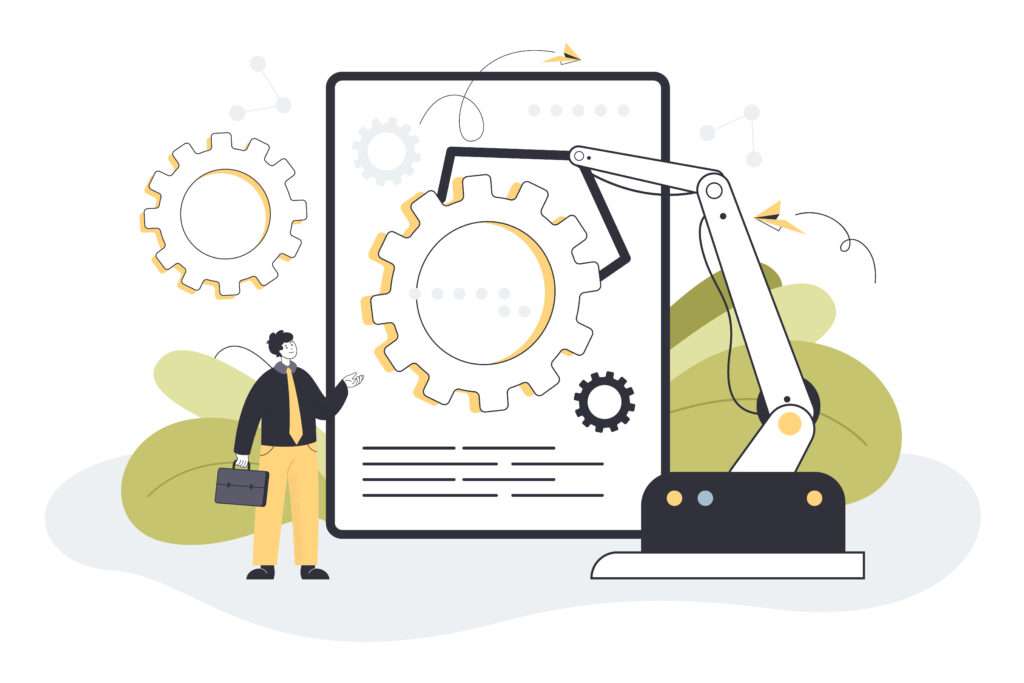
Automation is one of the most outstanding impacts of artificial intelligence on the business scene. AI calculations and insightful machines can now productively deal with standard and dull undertakings that were once performed by people. This computerization frees human specialists, empowering them to zero in on higher-esteem exercises that require imagination, decisive reasoning, and the ability to understand anyone on a deeper level. Everyday authoritative errands, information passage, and essential client support can now be designated to computer based intelligence frameworks, prompting expanded efficiency and the formation of more significant work jobs.
New Job Roles and Skill Demands:

As man-made intelligence robotizes specific errands, it all the while makes new position jobs that require an exceptional arrangement of abilities. Businesses currently look for experts with mastery in simulated intelligence improvement, information science, and artificial intelligence morals. These arising jobs offer invigorating open doors for people to embrace the innovative progressions and add to the Artificial Intelligence driven world. To stay cutthroat in the gig market, people should adjust and gain new abilities that line up with the advancing scene of artificial intelligence innovation.
Enhanced Decision-Making:
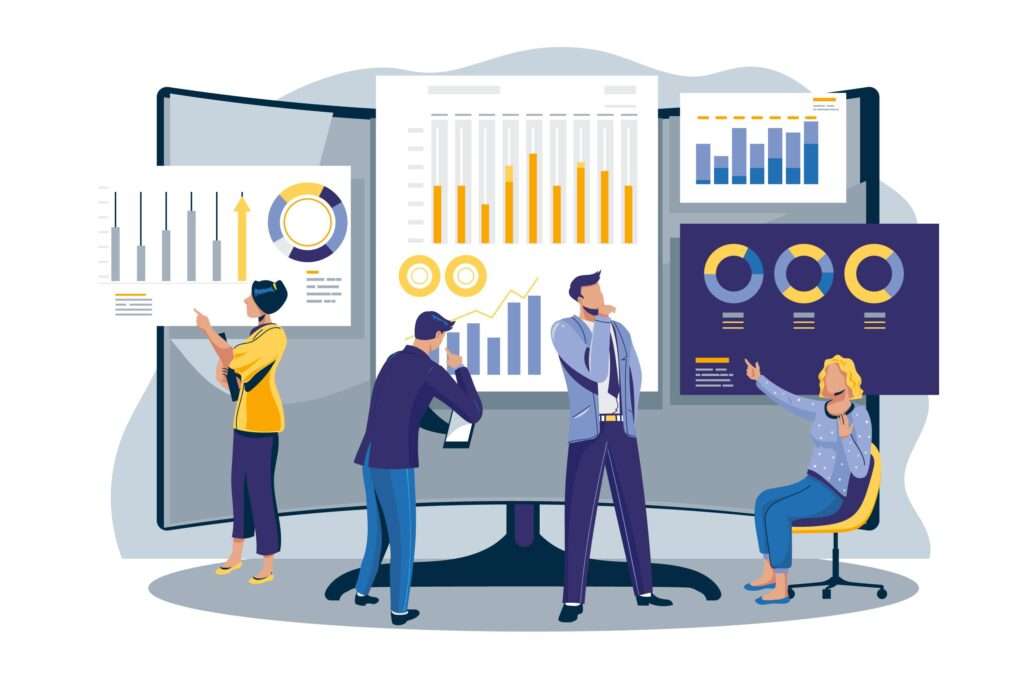
AI engages leaders with cutting edge investigation and prescient abilities, changing the way associations plan and work. With admittance to immense measures of information, artificial intelligence algorithms can extract significant bits of knowledge, empowering better-educated choices. From money to medical care, computer based intelligence driven bits of knowledge add to worked on essential preparation, risk evaluation, and asset improvement. This shift towards information driven dynamic opens up valuable open doors for experts talented in deciphering and using artificial intelligence created experiences.
Industry-Specific Implications:
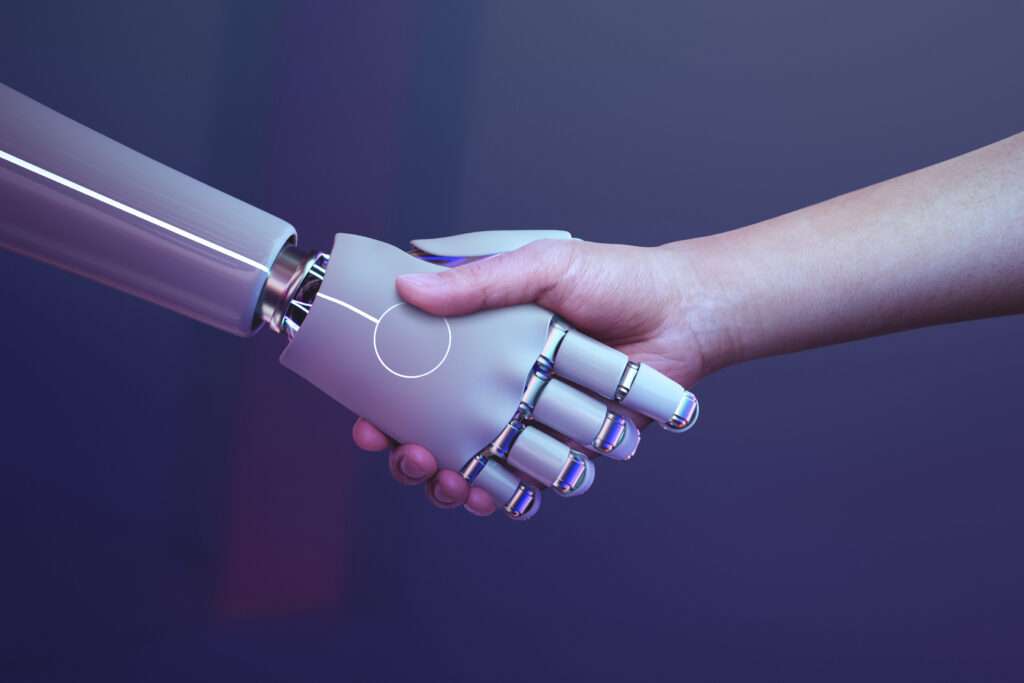
The effect of AI hands on market changes across enterprises. A few areas, like assembling and transportation, witness huge automation, prompting the change of occupation jobs and expertise necessities. Then again, businesses like medical services, instruction, and money experience a mix of AI joint effort. In medical care, artificial intelligence supports diagnostics and customized therapy plans, while training benefits from versatile learning frameworks. It is critical for people to figure out the extraordinary ramifications of AI inside their separate ventures and adjust as needs be.
Challenges:
While AI brings forth numerous opportunities, it also poses challenges to the job market that need to be addressed.
Job Displacement and Reskilling:

As AI automates certain tasks, there is a potential for job displacement for workers in roles that are susceptible to automation. This transition necessitates a focus on reskilling and upskilling the workforce to equip individuals with the necessary expertise to fill emerging roles. Governments, organizations, and educational institutions must collaborate to provide comprehensive reskilling programs and support affected workers during this transition.
Ethical Considerations:

AI’s growing influence raises ethical concerns regarding privacy, bias, and transparency. As AI algorithms make decisions that impact individuals’ lives, there is a need for accountability, fairness, and human oversight. Striking the right balance between the benefits of AI and addressing its potential biases and ethical dilemmas remains a challenge that requires constant attention and the development of regulatory frameworks.
Conclusion:
The advent of AI in the job market brings a mix of opportunities and challenges. While automation may disrupt certain job roles, it also presents new avenues for innovation, creativity, and specialization. Adapting to the changing landscape of AI requires a proactive approach towards acquiring new skills and embracing the collaborative potential of human-AI interaction. By fostering a balance between AI’s capabilities and ethical considerations, we can harness its power to create a future job market that benefits individuals, organizations, and society as a whole. As we navigate this transformative era, it is crucial to remain adaptable, curious, and open to learning, ensuring that humans and AI work in tandem to shape a prosperous future.
Frequently Asked Questions (FAQs)
Will AI completely replace human workers?
AI is bound to robotize explicit undertakings as opposed to whole work jobs. While specific routine undertakings might be mechanized, people will keep on playing a crucial part in decision making, imagination, and relational abilities.
What new job roles will emerge with the rise of AI?
The development of artificial intelligence delivers new position jobs, for example, AI engineers, information researchers, AI trained professionals, and AI ethicists. These jobs require skill in creating, making due, and guaranteeing moral execution of simulated intelligence advances.
How can individuals prepare themselves for the impact of AI on the job market?
People can get ready by obtaining new abilities and capabilities lined up with the advancing AI scene. This might include chasing after courses or confirmations in artificial intelligence, information examination, or other related fields.
What difficulties does AI pose to the job market?
The difficulties include job replacement due to automation, the requirement for reskilling and upskilling the labor force, moral contemplations encompassing simulated intelligence’s independent direction, inclination, and security concerns. Offsetting mechanical advancement with moral systems is a critical test.
How can organizations support employees during the transition?
Organizations can give reskilling and upskilling projects to outfit representatives with new abilities expected for arising jobs. They can likewise offer help through mentorship, persistent learning drives, and encouraging a culture of versatility and development.
Is there a particular industry that will be generally impacted by AI?
The effect of artificial intelligence on market differs across enterprises. Areas like assembling, transportation, and client assistance might observe more huge automation.
How can ethical concerns surrounding AI be addressed?
Tending to moral worries requires a complex methodology. It includes creating straightforward AI algorithms, guaranteeing responsibility and decency in direction, taking into account security and information assurance, and executing administrative systems that advance mindful artificial intelligence improvement and organization.
How can governments contribute to managing the impact of AI on the job market?
Legislatures can assume a urgent part by putting resources into computer based intelligence training and exploration, teaming up with businesses to make strategies and guidelines that address moral worries, supporting reskilling drives, and cultivating a climate that empowers development and business venture.
Will AI make more jobs than it dislodges?
The effect of AIs on market creation versus relocation is a subject of continuous discussion. While artificial intelligence can possibly make new position jobs, the degree of occupation creation relies upon different variables, including industry elements, monetary circumstances, and the capacity of people to adjust to changing expertise prerequisites.
How might people use AI to improve their own work possibilities?
People can embrace simulated intelligence as a device to increase their abilities and capacities. By remaining refreshed with artificial intelligence patterns, figuring out its applications inside their industry, and utilizing man-made intelligence driven bits of knowledge and advancements, people can upgrade their own efficiency and stay serious in the gig market.
Will AI completely replace human workers?
AI is more likely to automate specific tasks rather than entire job roles. While certain routine tasks may be automated, humans will continue to play a vital role in complex decision-making, creativity, and interpersonal skills.
What new job roles will emerge with the rise of AI?
The emergence of AI brings forth new job roles such as AI engineers, data scientists, machine learning specialists, and AI ethicists. These roles require expertise in developing, managing, and ensuring ethical implementation of AI technologies.
How can individuals prepare themselves for the impact of AI on the job market?
Individuals can prepare by acquiring new skills and competencies aligned with the evolving AI landscape. This may involve pursuing courses or certifications in AI, data analytics, or other related fields. Lifelong learning and adaptability are crucial in staying relevant.
What challenges does AI pose to the job market?
The challenges include job displacement due to automation, the need for reskilling and upskilling the workforce, ethical considerations surrounding AI’s decision-making, bias, and privacy concerns. Balancing technological progress with ethical frameworks is a significant challenge.
How can organizations support employees during the transition?
Organizations can provide reskilling and upskilling programs to equip employees with new skills required for emerging roles. They can also offer support through mentorship, continuous learning initiatives, and fostering a culture of adaptability and innovation.
Is there a specific industry that will be most affected by AI?
The impact of AI on the job market varies across industries. Sectors such as manufacturing, transportation, and customer service may witness more significant automation. However, AI has implications and potential benefits across various sectors, including healthcare, finance, education, and more.
How can ethical concerns surrounding AI be addressed?
Addressing ethical concerns requires a multidimensional approach. It involves developing transparent AI algorithms, ensuring accountability and fairness in decision-making, considering privacy and data protection, and implementing regulatory frameworks that promote responsible AI development and deployment.
How can governments contribute to managing the impact of AI on the job market?
Governments can play a crucial role by investing in AI education and research, collaborating with industries to create policies and regulations that address ethical concerns, supporting reskilling initiatives, and fostering an environment that encourages innovation and entrepreneurship.
Will AI create more jobs than it displaces?
The impact of AI on the job market creation versus displacement is a topic of ongoing debate. While AI has the potential to create new job roles, the extent of job creation depends on various factors, including industry dynamics, economic conditions, and the ability of individuals to adapt to changing skill requirements.
How can individuals leverage AI to enhance their own job prospects?
Individuals can embrace AI as a tool to augment their skills and capabilities. By staying updated with AI trends, understanding its applications within their industry, and leveraging AI-driven insights and technologies, individuals can enhance their own productivity and remain competitive in the job market.

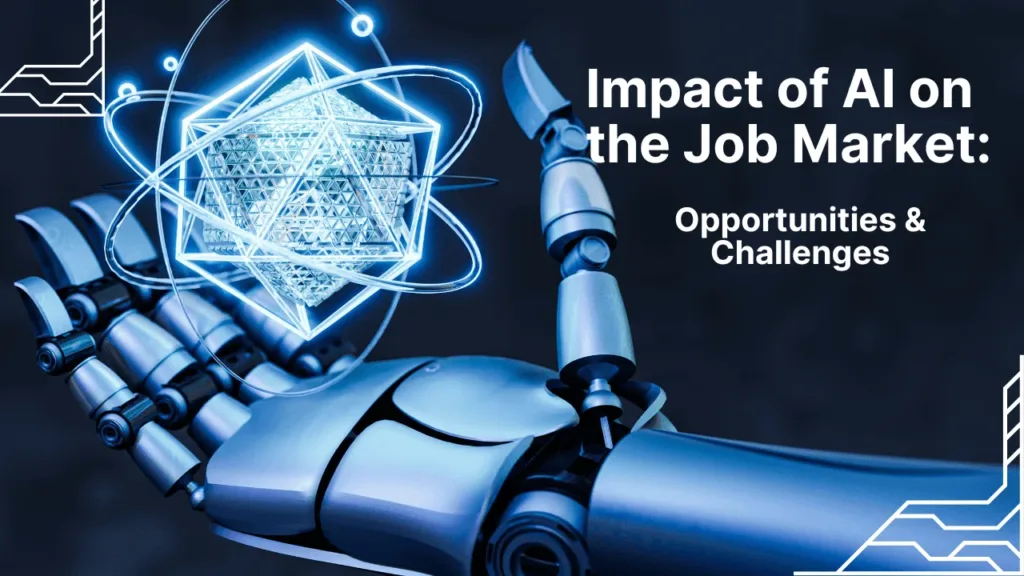
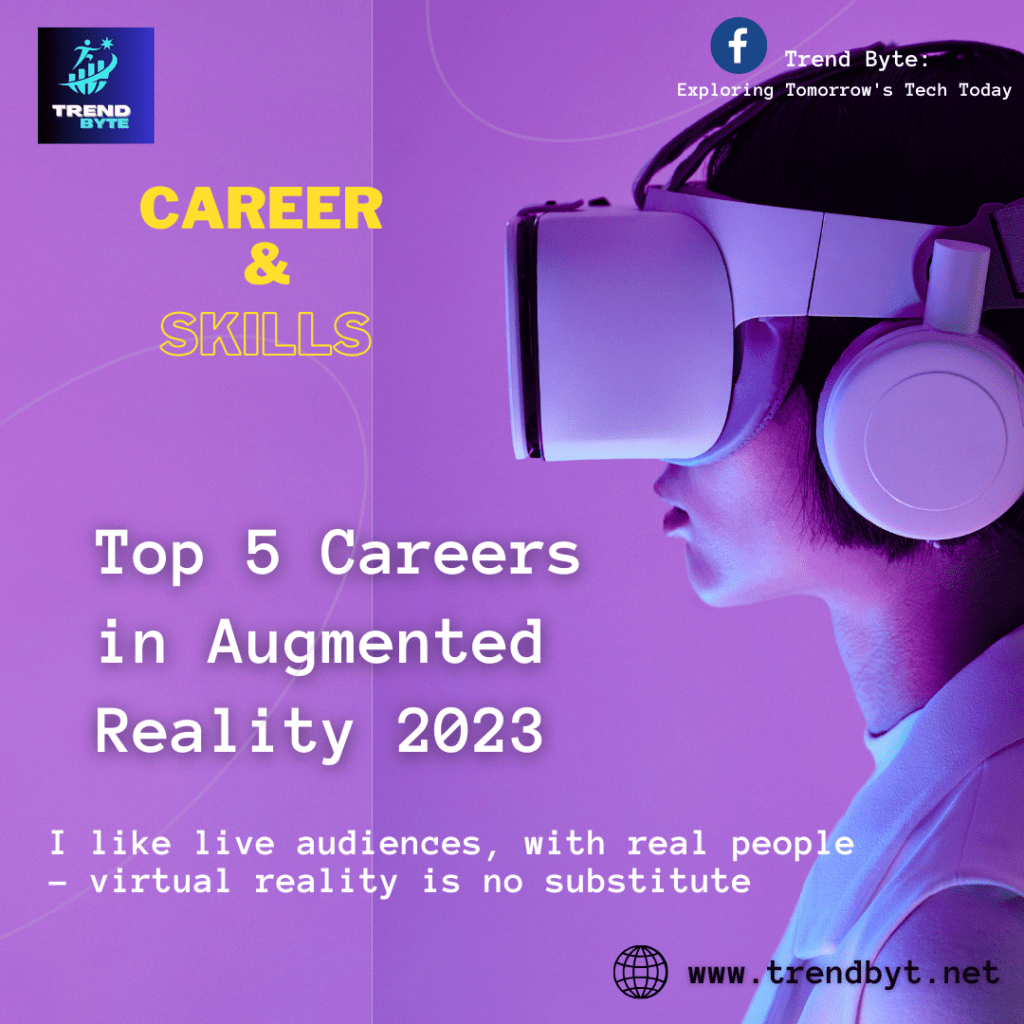

Really informative stuff
This article gave great insight